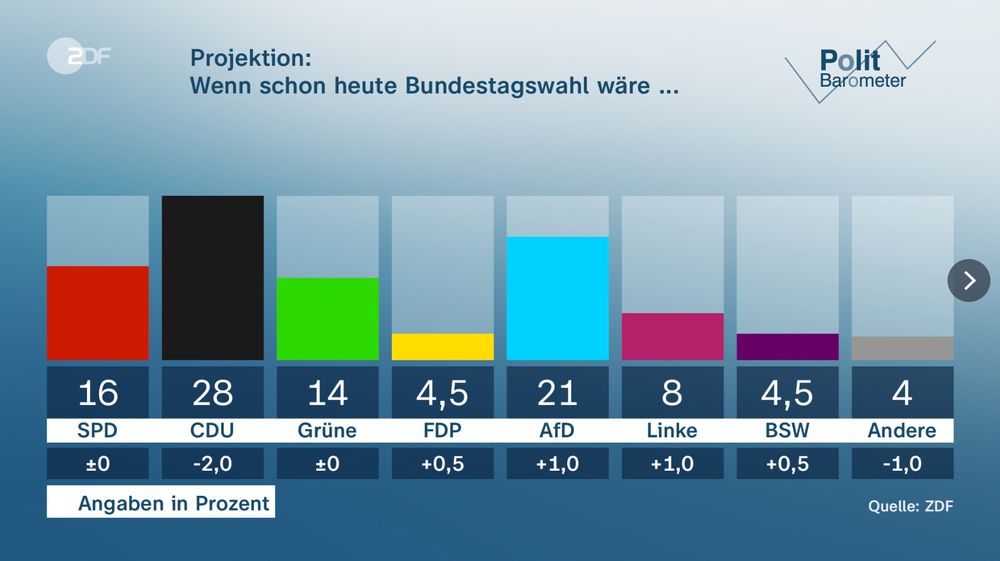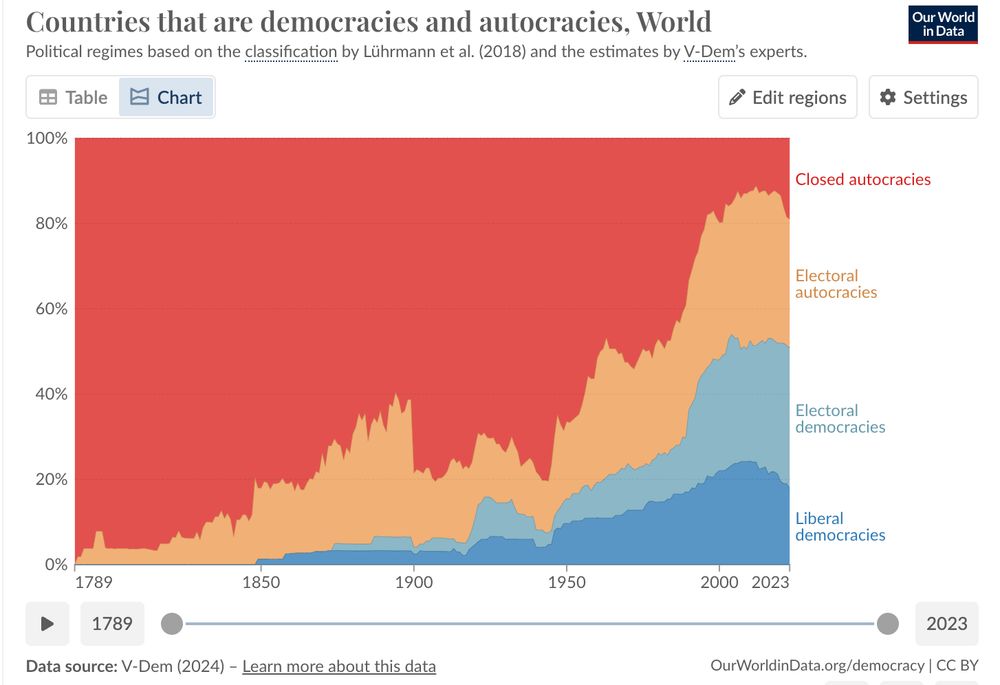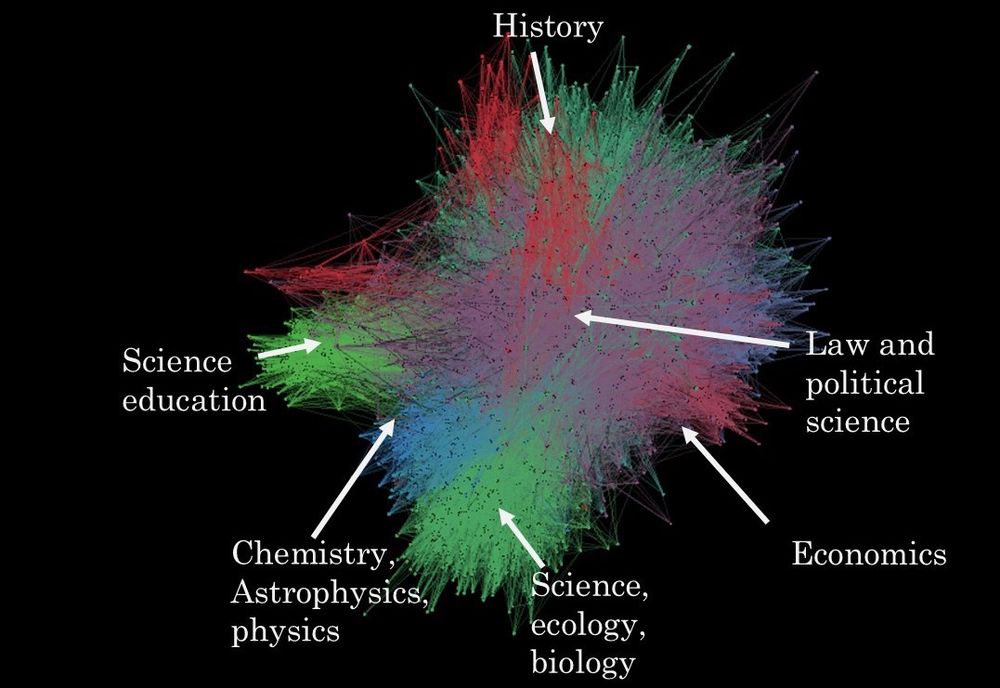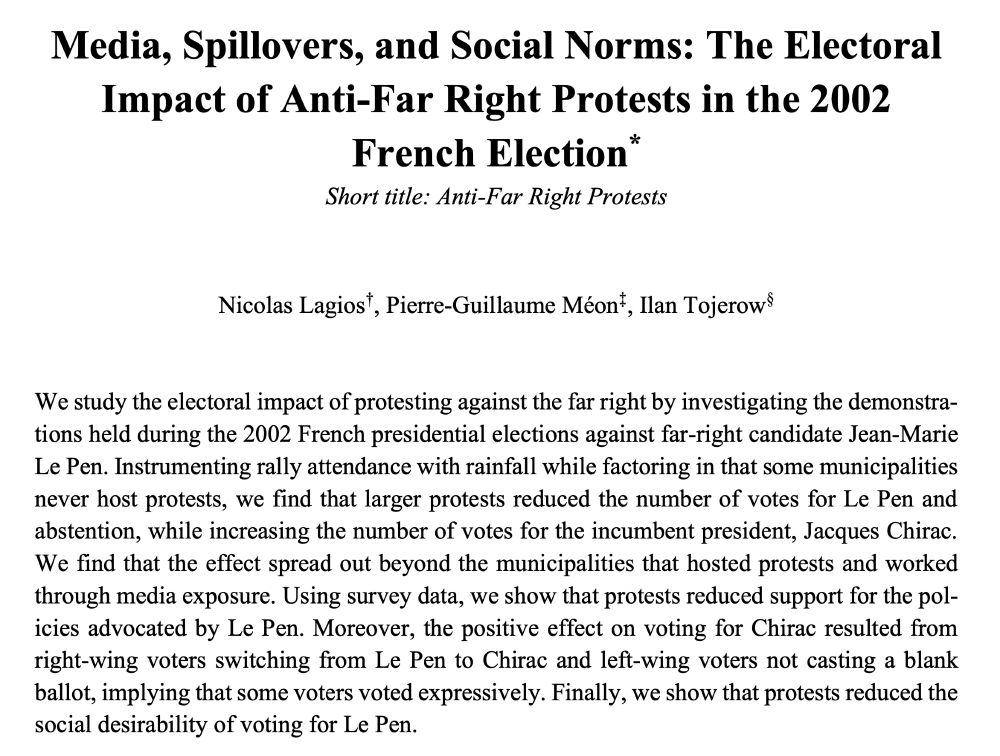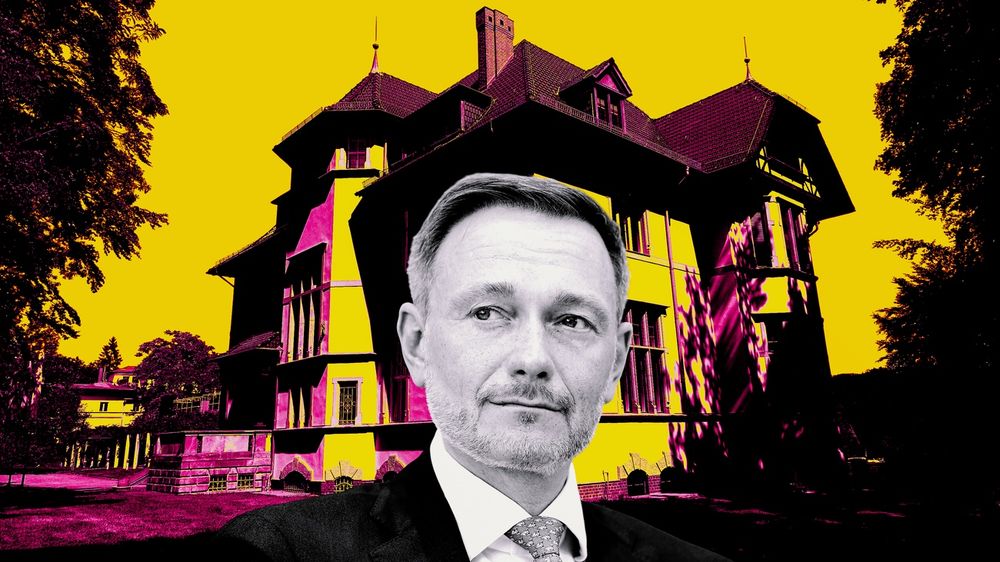Ivo Bantel
@ivobantel.bsky.social
590 followers
250 following
56 posts
Head of Research & Data @POLITICOEurope ・polarization, extremism, computational social science, text-as-data・PhD from University of Zurich, previously @Harvard Gov't, @Oxford DPIR & @University of Bremen (he/him)
Posts
Media
Videos
Starter Packs
Reposted by Ivo Bantel
Reposted by Ivo Bantel
Reposted by Ivo Bantel
Andreas Sieber
@andreassieber.bsky.social
· Jan 20

Trump’s second term puts democracy and climate in peril
As Trump’s second term as US president looms, the world braces for a radical shift in democratic norms and climate action. But there is an urgent need for resistance, write climate expert Andreas Sieb...
www.independent.co.uk
Ivo Bantel
@ivobantel.bsky.social
· Dec 5
Ivo Bantel
@ivobantel.bsky.social
· Dec 5
Reposted by Ivo Bantel
Reposted by Ivo Bantel
Ivo Bantel
@ivobantel.bsky.social
· Nov 16
Reposted by Ivo Bantel
Ivo Bantel
@ivobantel.bsky.social
· Jan 10
Ivo Bantel
@ivobantel.bsky.social
· Jan 10
Ivo Bantel
@ivobantel.bsky.social
· Jan 10
Ivo Bantel
@ivobantel.bsky.social
· Jan 10
Ivo Bantel
@ivobantel.bsky.social
· Jan 10









